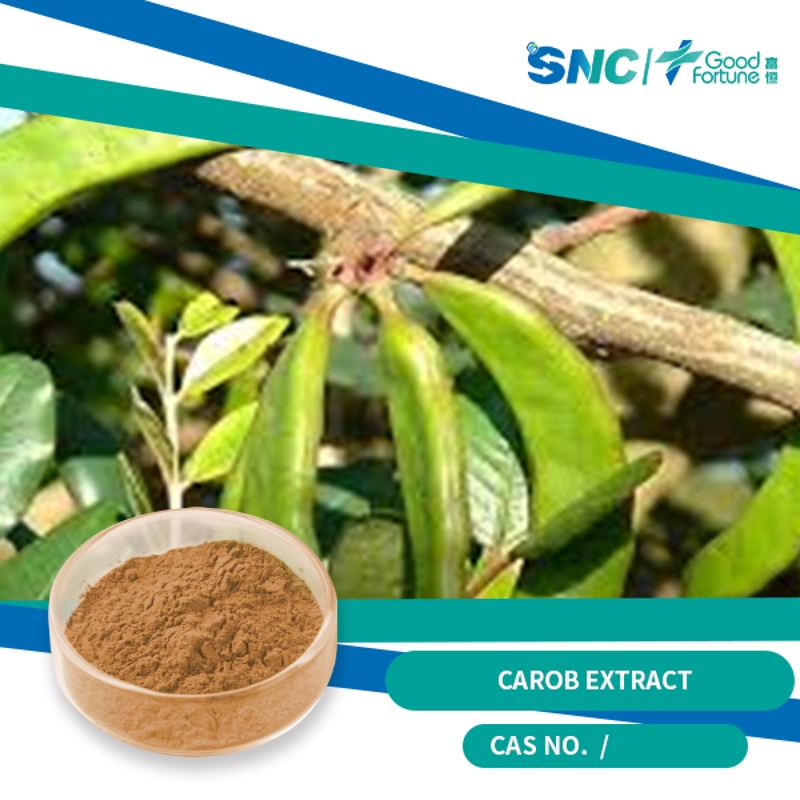-
Categories
-
Pharmaceutical Intermediates
-
Active Pharmaceutical Ingredients
-
Food Additives
- Industrial Coatings
- Agrochemicals
- Dyes and Pigments
- Surfactant
- Flavors and Fragrances
- Chemical Reagents
- Catalyst and Auxiliary
- Natural Products
- Inorganic Chemistry
-
Organic Chemistry
-
Biochemical Engineering
- Analytical Chemistry
-
Cosmetic Ingredient
- Water Treatment Chemical
-
Pharmaceutical Intermediates
Promotion
ECHEMI Mall
Wholesale
Weekly Price
Exhibition
News
-
Trade Service
The introduction of genetically modified plants into natural habitats represents a valuable means to determine organismic level functions of a gene and its effects on a plant’s interaction with other organisms.
Nicotiana attenuata
, a wild tobacco species native of the southwestern USA that grows in the immediate postfire environment, is one of the important host plants for herbivore populations recolonizing recently burned habitats in the Great Basin Desert. Here, we provide detailed guidelines for the analysis, under field conditions, of jasmonate-dependent defense and its impact on the plant’s native herbivore community. The procedures are based on the field release of transgenic lines silenced for jasmonate biogenesis, metabolism, or perception to conduct association studies between defense trait expression (secondary metabolite and trypsin proteinase inhibitor accumulation) and insect infestations. Additionally, because some insects have evolved mechanisms to “eavesdrop” on jasmonate signaling when selecting their host plants, we describe how leafhoppers of the species
Empoasca
, which selectively colonize jasmonate-deficient plants, can be used as “bloodhounds” for identifying natural variations in jasmonate signaling among natural
N. attenuata
populations.







